In the ebook, On Human Nature, (PDF), creator Jonathan H. Turner integrates evolutionary biology, sociology, cladistic evaluation from biology, and comparative neuroanatomy to discover human nature as inherited from widespread ancestors shared by people and current nice apes. Selection pressures modified this inherited legacy for the ancestors of people—labeled hominins for being bipedal—and pressured better group than current nice apes when the hominins moved into open-nation terrestrial habitats. The impacts of these choice pressures elevated hominin ancestors’ emotional capacities by way of better social and group orientation. This change, in flip, allowed additional choice for a bigger mind, articulated speech, and tradition down the human line. Turner explains human nature as a collection of overlapping complexes which might be the consequence of the inherited legacy of nice apes being fed via the altering results of a bigger mind, tradition, and speech. These developments, he reveals, could be understood because the cognitive complexity, the psychological complicated, the interplay complicated, the feelings complicated, and the neighborhood complicated.
Reviews
“This outstanding ebook, On Human Nature: The Biology and Sociology of What Made Us Human, is each unusually inclusive and on the similar time extremely readable. After a sluggish begin, sociology is now being mixed with the findings of evolutionary biology, with Jonathan Turner within the lead. This dealing with of human nature and its evolution is strongly eclectic, utilizing theories and knowledge starting from primate ethology to theories of emotion to mind science, and comprises some nice surprises within the kind of American Pragmatism and the work of Mead and Cooley. A difficult synthesis.” — Christopher Boehm, Professor of Biological Sciences, University of Southern California “This is the most effective ebook but written on social evolution. Jonathan Turner creates his life-work, from cladistics of human nice ape ancestors, rebuilding the organic steps that made people way more emotionally responsive, on the similar time permitting better mind dimension and extra adaptable social preparations with strangers. Blending interplay ritual and symbolic interplay, self-management, early people developed internalized symbols, and group references. These let people construct bigger, stratified, extra complicated, and impersonal group―delivering distinction to authentic individualistic, freedom-loving human nature and submitting it to the social cage. The creator traces the battle of organic human nature and social group into postmodern societies and seems at our future.” — Randall Collins, University of Pennsylvania NOTE: The product only contains the ebook On Human Nature in PDF. No access codes are included.
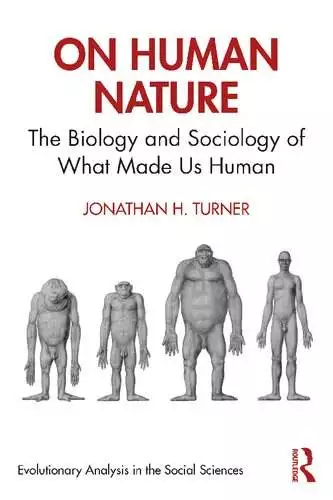
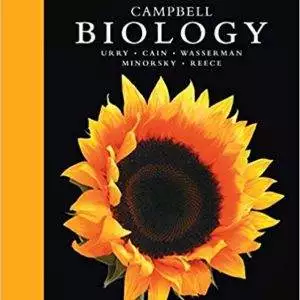
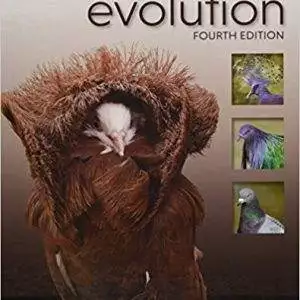
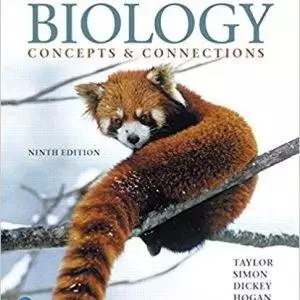
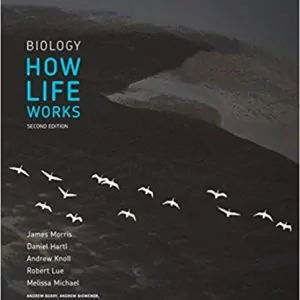




Reviews
There are no reviews yet.